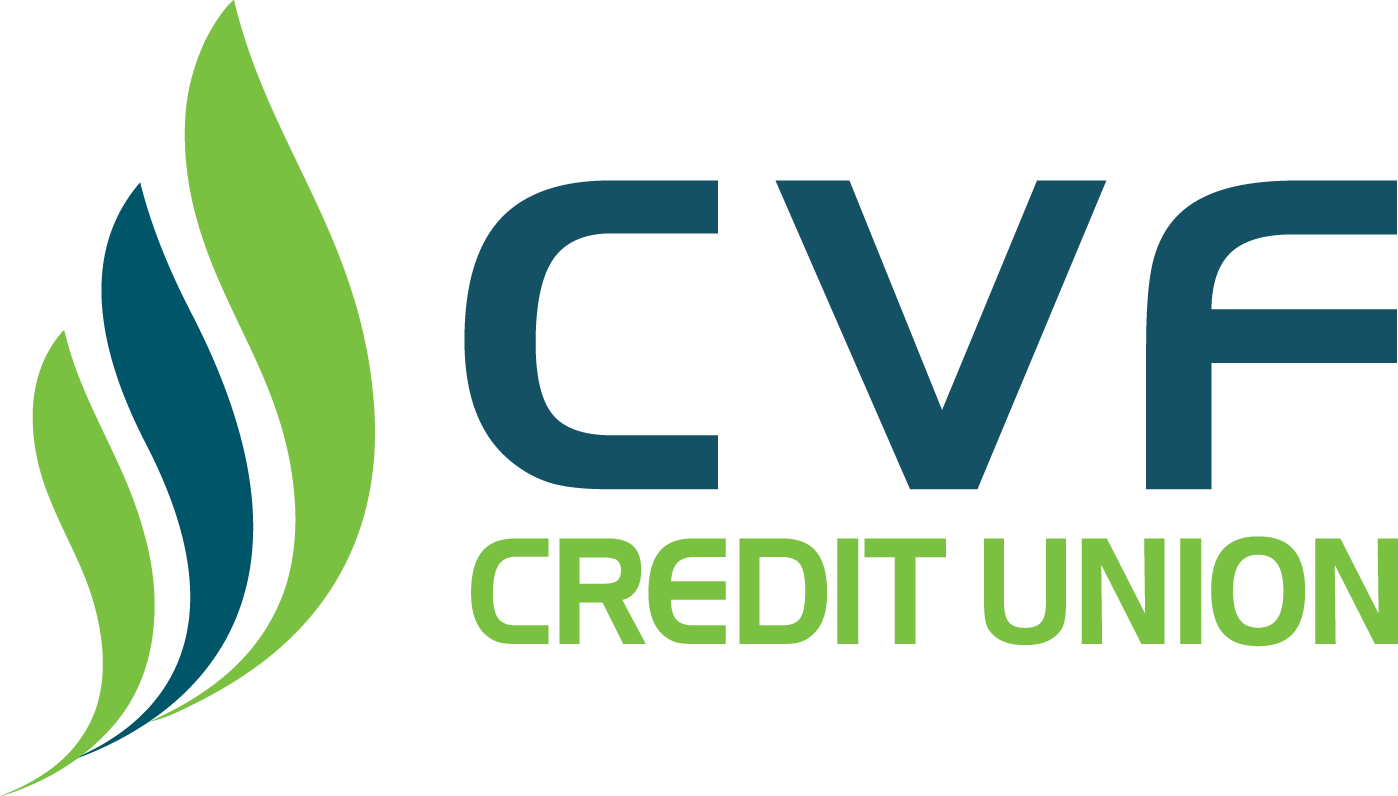Protect Your Pocket: Be Aware…
Fraud is an issue that affects everyone, and CVF Credit Union is here to help you fight back. During International Fraud Awareness Week, we launched our Protect Your Pocket campaign to educate our members on how to spot, prevent, and respond to fraud.
Fraud can happen to anyone, but with the right tools and knowledge, you can stay one step ahead. Our Stop, Connect, Validate protocol is designed to guide you in making secure financial decisions and avoid common scams.
How CVF Credit Union Can Help You:
- Fraud Education: Stay informed about the latest fraud schemes.
- Support: Our team is here to help if you think you’ve been targeted.
- Practical Solutions: Learn how to validate sources and keep your personal information safe.
Protect your finances. Protect your future. Let’s work together to #ProtectYourPocket.



